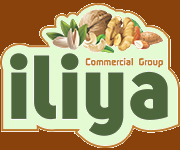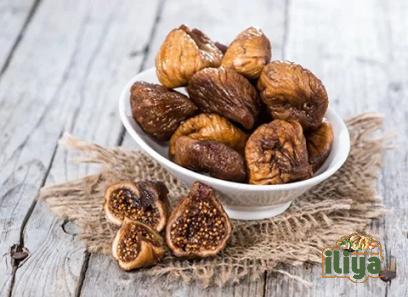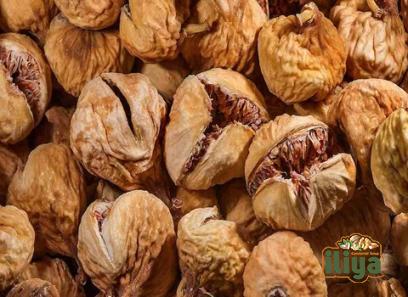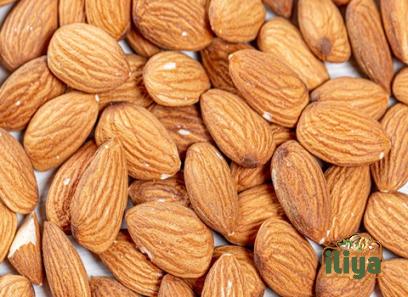Cashews are widely popular nuts known for their rich and creamy taste. These nuts are not only delicious but also offer numerous health benefits. They are a rich source of healthy fats, protein, vitamins, and minerals, making them a sought-after ingredient in various cuisines around the world.
In recent years, there has been a significant increase in demand for bulk raw cashews. This demand stems from the growing popularity of plant-based diets, the rise of the snacking industry, and the increasing awareness of the health benefits associated with cashew consumption. Consequently, the global cashew market has witnessed steady growth, prompting businesses to explore the opportunities in bulk raw cashew trade.
Bulk raw cashews are cashew nuts that are procured directly from cashew farms and processing units without any further processing or roasting. These raw cashews offer numerous advantages to manufacturers, processors, and consumers alike. They provide flexibility in terms of processing and allow businesses to create a variety of cashew products tailored to their target markets.
One of the primary reasons for the popularity of bulk raw cashews is their versatility. Raw cashews can be used in a wide range of applications, including confectionery, baked goods, beverages, and savory snacks. They can also be easily roasted, flavored, or ground into cashew butter, providing businesses with endless possibilities for product development.
Moreover, raw cashews have a longer shelf life compared to their processed counterparts. This characteristic makes them ideal for businesses looking to stockpile or export cashews to various regions. The demand for bulk raw cashews is particularly high in countries with large populations and a thriving food processing industry, such as the United States, China, India, and Europe.
When it comes to sourcing bulk raw cashews, it is crucial to establish a reliable supply chain. Cashews are primarily cultivated in countries such as India, Vietnam, Brazil, and Ivory Coast. Each of these countries has its unique cashew farming practices, climate conditions, and quality standards. Establishing direct contacts with cashew processors and farmers in these regions ensures a consistent supply of high-quality raw cashews.
Quality is paramount in the cashew industry. Buyers and end consumers are increasingly demanding traceability and transparency in the supply chain, ensuring that the cashews they purchase are sustainably sourced and adhere to international food safety standards. Therefore, businesses involved in the bulk raw cashew trade need to prioritize working with accredited suppliers who have the necessary certifications, such as the Global Food Safety Initiative (GFSI) certification.

Another important aspect to consider when dealing with bulk raw cashews is the pricing. Cashew prices are subject to various factors that can cause fluctuations, such as global supply and demand, weather conditions, and geopolitical factors. To ensure competitiveness and profitability, businesses need to carefully monitor these factors and negotiate favorable pricing with suppliers.
Furthermore, the sustainable production and sourcing of cashews have gained significant attention in recent years. Ethical and eco-friendly practices, such as fair trade and organic certifications, are increasingly sought after by consumers. Businesses involved in the bulk raw cashew trade should explore sustainable sourcing options and actively engage in socially responsible initiatives to cater to the growing market demand.
In conclusion, the demand for bulk raw cashews is on the rise due to the increasing popularity of plant-based diets, the growing snacking industry, and the health benefits associated with cashew consumption. Raw cashews offer versatility, longer shelf life, and various opportunities for product development. Establishing a reliable supply chain, ensuring quality, monitoring pricing, and embracing sustainability practices are vital for businesses venturing into the bulk raw cashew trade. By capitalizing on this thriving market, businesses have the potential to meet the demand for bulk raw cashews and tap into the lucrative global cashew market.Title: Bulk Raw Cashews: A Lucrative Business Opportunity in the Global Market
Introduction:
Bulk raw cashews have gained significant popularity in recent years due to their versatility, health benefits, and numerous opportunities for product development. As the demand for cashew-based products continues to grow, businesses looking to capitalize on this trend can explore the bulk raw cashew trade. In this article, we will delve into the various aspects of this business opportunity and provide insights into sourcing, quality, pricing, and sustainability.
1. Understanding the Market Demand:
The global market for cashews has witnessed steady growth, driven by factors such as the increasing popularity of plant-based diets and the rise of the snacking industry. Bulk raw cashews play a vital role in meeting this demand, as they provide manufacturers and processors with the flexibility to create a wide range of products across various sectors such as confectionery, baking, and snacking.
2. Establishing a Reliable Supply Chain:
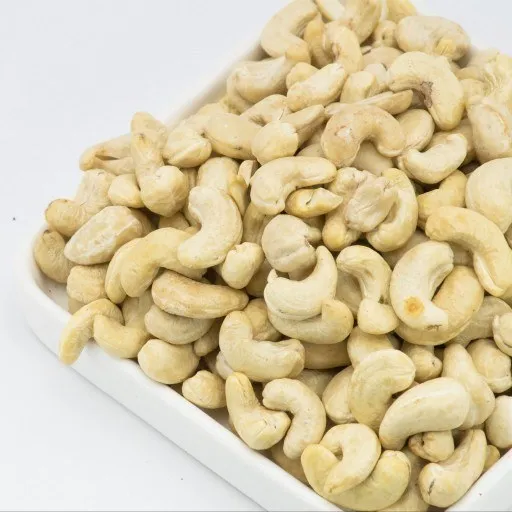
Sourcing bulk raw cashews requires establishing a dependable supply chain with cashew farmers and processing units. Countries such as India, Vietnam, Brazil, and Ivory Coast are key players in cashew cultivation. Direct contacts with these suppliers ensure a consistent supply of high-quality raw cashews, meeting the specifications required by businesses.
3. Ensuring Quality:
Quality is paramount in the cashew industry, and businesses need to prioritize working with accredited suppliers who adhere to international food safety standards. Certifications such as the Global Food Safety Initiative (GFSI) offer reassurance to buyers and end consumers about the sustainable sourcing and traceability of the cashews, adding value to the bulk raw cashew trade.
4. Managing Pricing:
Cashew prices are subject to various factors, including global supply and demand dynamics, weather conditions, and geopolitical factors. To ensure competitiveness and profitability, businesses must monitor these factors closely and negotiate favorable pricing with suppliers. Regular market analysis and staying updated with pricing trends can help businesses make informed decisions.
5. Exploring Product Development Opportunities:
The versatility of bulk raw cashews allows for endless possibilities in terms of product development. Apart from being consumed as snacks, raw cashews can be roasted, flavored, or ground into cashew butter, which are popular ingredients in confectionery, baking, and savory dishes. Businesses can leverage this flexibility to cater to different market segments and diversify their product offerings.
6. Catering to Health and Wellness Trends:
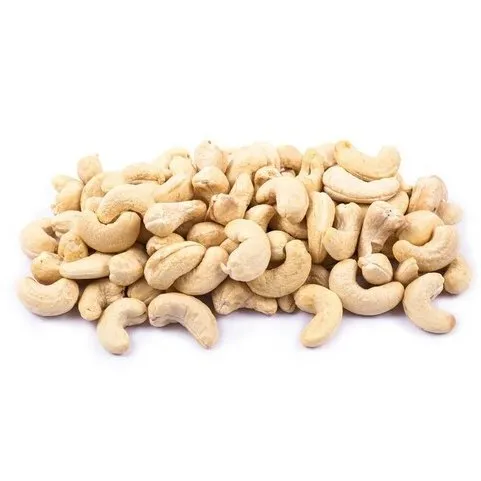
The health-conscious consumer base actively seeks nutritious and plant-based options, making cashews a popular choice. Cashews are a rich source of healthy fats, protein, vitamins, and minerals, offering numerous health benefits. By focusing on the inherent nutritional value of bulk raw cashews, businesses can align themselves with the growing health and wellness segment of the market.
7. Understanding Export Opportunities:
Bulk raw cashews provide opportunities for businesses to expand their reach by exporting to various regions. Countries with large populations and thriving food processing industries, such as the United States, China, India, and Europe, offer potential markets for bulk raw cashews. Establishing trade partnerships and complying with import regulations are essential for successful export operations.
8. Adapting to Sustainability Practices:
In recent years, ethical and eco-friendly practices have gained significant traction among consumers. Businesses involved in the bulk raw cashew trade should prioritize sustainable sourcing options, including fair trade and organic certifications. Embracing socially responsible initiatives not only meets consumer demands but also contributes to a positive brand image and long-term business growth.
9. Tapping into the Food Service Industry:
The food service industry presents another avenue of growth for businesses trading in bulk raw cashews. Cashew-based products, such as cashew milk, cashew cheese, and cashew-based sauces, are becoming increasingly popular in cafes, restaurants, and catering services. By actively targeting this sector, businesses can tap into a profitable market and establish long-term partnerships.
10. Anticipating Future Trends:

To stay ahead of the competition, businesses involved in the bulk raw cashew trade must keep a pulse on industry trends. This includes tracking the development of new cashew-based products, monitoring consumer preferences, and staying updated with technological advancements in processing and packaging. This proactive approach ensures businesses can adapt to changing market dynamics and maintain their competitive edge.
Conclusion:
The bulk raw cashew trade presents a lucrative business opportunity for entrepreneurs looking to enter the global cashew market. With the increasing demand for cashew-based products, businesses can leverage the versatility and health benefits of raw cashews to establish a successful venture. By focusing on sourcing, quality, pricing, and sustainability, businesses can navigate the market successfully and capitalize on the growing popularity of bulk raw cashews.
